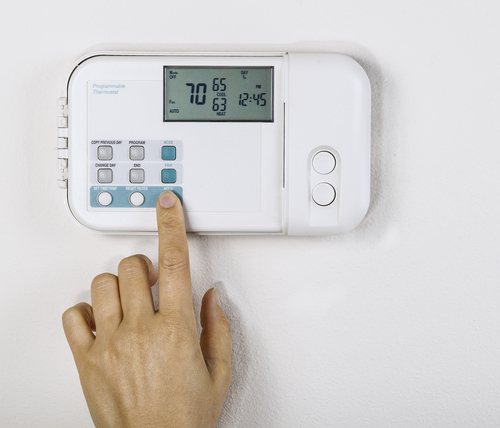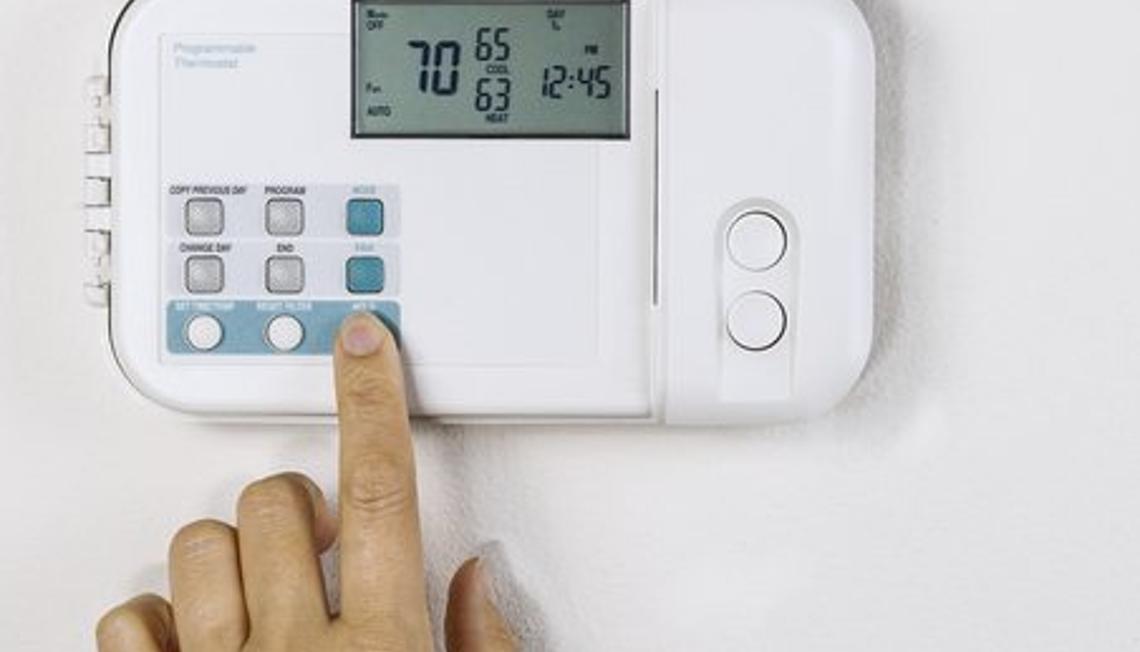
Here in the Chicagoland area, we are all to familiar with long, cold, winters! Like many of us, you may be trying to reduce your heating bill, however, if the thought of turning down the temperature on your thermostat makes you shiver, don’t fret. There are many ways that you can save money and keep your home warm this winter. Here are some of the most cost-effective ways we’ve found to heat things up.
Use your curtains strategically
Window treatments aren’t just for decoration. They can be used strategically to keep your home warmer in the winter. When you have a sunny day, be sure to open the curtains. That sunshine will help to keep the room warm. On days that are overcast, close the curtains. They will act as a layer of insulation against the cold air outside.
Move furniture
If you have furniture placed in front of heating vents or radiators, then you should move them during colder months. Furniture can block the airflow or absorb the warm air, keeping the heat from circulating in your room. Likewise, do not block supply vents with furniture. This could lead to an imbalance in pressure that will affect the heating system.
Get a programmable thermostat
Programmable thermostats are inexpensive and can control the temperature in your home at different times of the day. Keep your home cooler when you’re sleeping or you’re away. An optimal temperature while you’re home is 68 degrees. At night or when you’re gone, keep the temperature at 60 degrees.
Use rugs
Have you ever noticed how cold the floor can get in winter months? You can minimize how much cold air enters the room through your floor with carpets and rugs. This is especially important if your home was built on a slab or crawlspace or your floors have tile or hardwood. Consider rugs that are made with wool, cotton, acrylic, or nylon, as they are all good insulators.
Reverse ceiling fans
Do you have ceiling fans in your home? You should switch them so that they are moving clockwise during colder months. Hot air rises, so placing the fan in this position forces warm air down where you need it.
Close doors
If you have unused rooms in your home, then you should keep those doors closed during the winter. Just remember to open the doors if the temperatures plunge. Otherwise, you could risk having your pipes freeze in those walls.
Limit fireplace use
It may seem counterintuitive, but you should limit your fireplace usage during cold snaps. An open fireplace damper lets warm air escape through the chimney. In fact, when you’re using your fireplace, the warm air that escapes is replaced by cold air being pulled into the house. When you don’t have a fire going, keep the damper shut.
Use door snakes
Can you feel a draft coming in under exterior doors? Combat that issue with a door snake. You can even make your own using a tube of fabric filled with dried beans or rice. Just make sure that it is the same width as your door and heavy enough to stay in place when in use.




